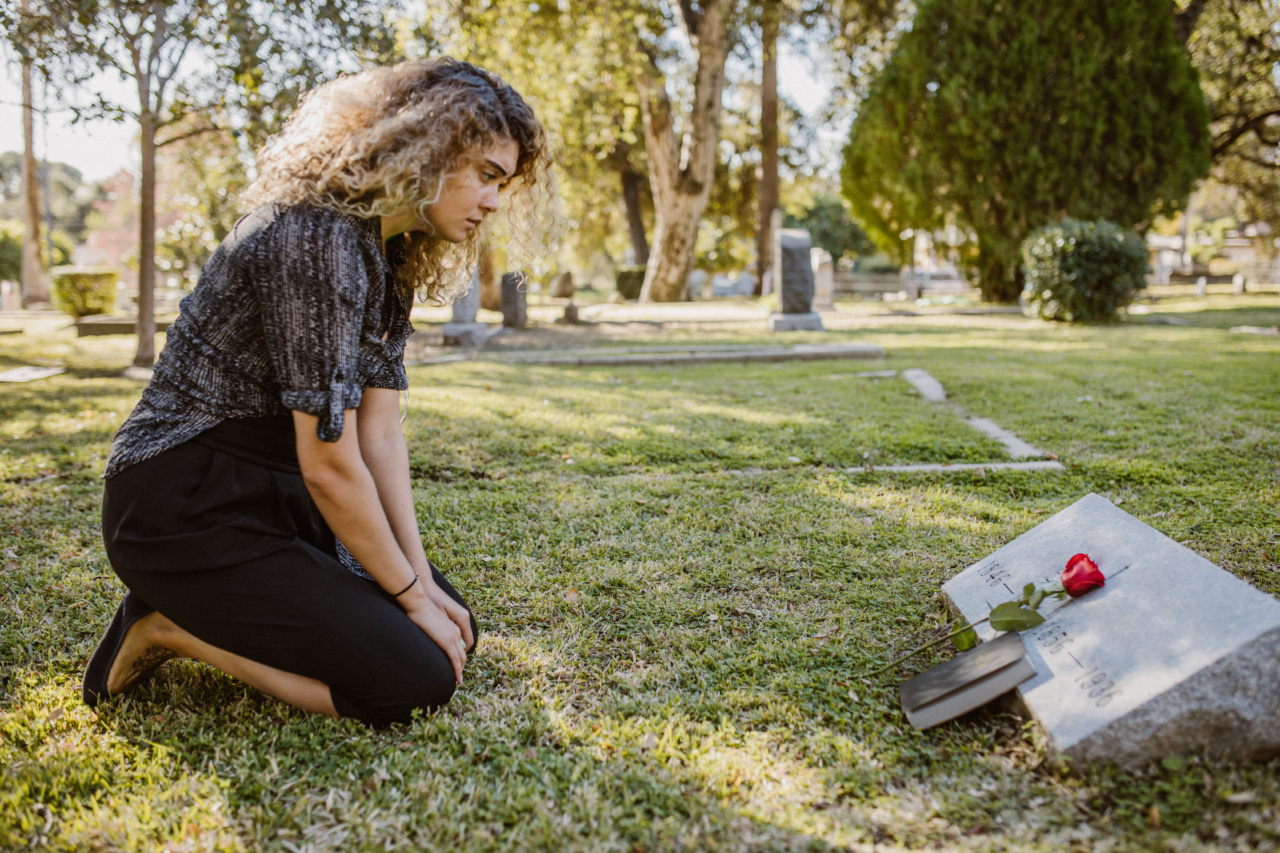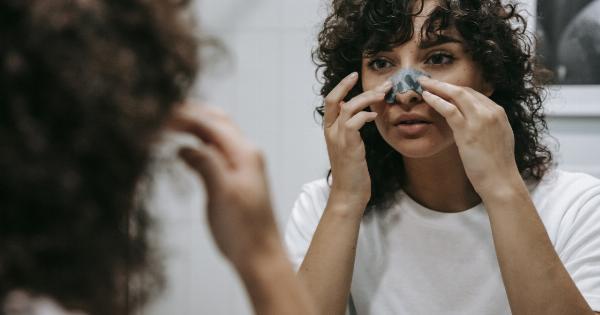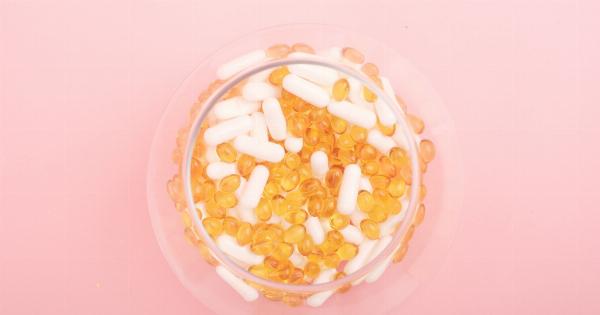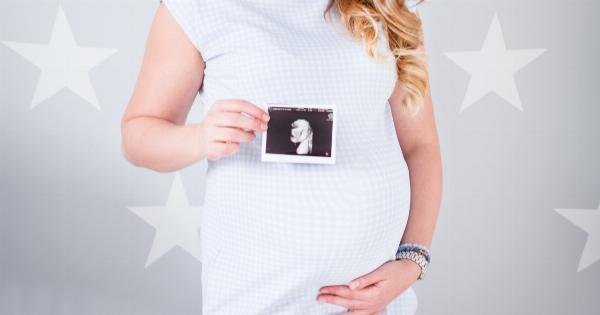One of the less discussed postpartum issues that many new moms experience is hair loss. After giving birth, it is common for women to notice increased shedding and thinning of their hair.
This phenomenon, known as postpartum hair loss, can be distressing for those who were accustomed to their lustrous pregnancy hair. The good news is that postpartum hair loss is usually temporary and there are various ways to deal with it effectively.
In this article, we will explore the causes of hair loss after pregnancy, prevention methods, and effective treatments to promote hair growth.
Causes of Hair Loss After Pregnancy
Understanding the causes of postpartum hair loss can help new moms to make informed decisions about their hair care routine.
Hormonal Changes
Hormonal changes during pregnancy can cause an increase in hair density and reduce hair shedding. This results in thick and luscious hair. However, after giving birth, hormonal levels fluctuate rapidly, causing the hair to transition into a resting phase.
This leads to increased shedding, and many women notice clumps of hair falling out while showering or brushing.
Nutritional Deficiencies
Pregnancy and breastfeeding require a significant amount of nutrients, and if the body is depleted, it can affect the hair growth cycle.
Lack of essential vitamins and minerals like iron, zinc, biotin, and vitamins A, C, and E can contribute to hair loss after pregnancy.
Stress and Fatigue
Taking care of a newborn can be overwhelming and exhausting, resulting in stress and fatigue. These factors can disrupt the hair growth cycle and contribute to postpartum hair loss.
Prevention Methods
While it may be challenging to completely prevent postpartum hair loss, there are certain measures new moms can take to minimize its severity.
Healthy Diet
Eating a well-balanced diet that includes ample fruits, vegetables, lean proteins, and whole grains can help provide essential nutrients for hair growth. Including foods rich in iron, zinc, and vitamins A, C, and E can promote healthy hair.
Supplements
Supplementing with vitamins specifically targeted at hair health, such as biotin and iron, can help replenish any deficiencies and support hair growth.
However, it is essential to consult with a healthcare professional before starting any supplements, especially while breastfeeding.
Gentle Hair Care Routine
Using gentle hair care products and avoiding excessive heat styling and tight hairstyles can prevent further damage and breakage. Opt for sulfate-free shampoos, conditioners, and hair masks that nourish and strengthen the hair.
Avoiding Stress
While it may be challenging for new moms to avoid stress completely, practicing stress-management techniques like meditation, yoga, and deep breathing exercises can help minimize its impact on hair health.
Effective Treatments for Hair Growth
If postpartum hair loss persists or becomes a cause for concern, several treatments can help promote hair growth.
Topical Treatments
Topical treatments containing minoxidil can stimulate hair follicles and promote regrowth. These treatments are usually available over the counter but should be used under the guidance of a healthcare professional, especially for breastfeeding mothers.
Platelet-Rich Plasma (PRP) Therapy
PRP therapy involves drawing blood from the patient, separating the platelets, and injecting the platelet-rich plasma into the scalp. This treatment is known to increase hair density and stimulate hair growth.
Low-Level Laser Therapy (LLLT)
LLLT uses red light therapy to stimulate hair growth at the cellular level. This non-invasive treatment can improve hair thickness and density over time.
Hair Transplantation
In severe cases of postpartum hair loss, hair transplantation can be considered. During this procedure, hair follicles from other parts of the body are transplanted to the scalp to promote regrowth.
Remember, it is essential to consult with a healthcare professional or a dermatologist before proceeding with any of the treatments mentioned above. They can provide personalized recommendations considering individual circumstances.
Conclusion
Experiencing hair loss after pregnancy can be distressing for new moms. However, it is a common occurrence that can be addressed with the right approach.
Understanding the causes, implementing preventive measures, and seeking proper treatment can help mitigate postpartum hair loss and promote hair growth. Embracing patience and self-care during this phase is also crucial, as most cases of postpartum hair loss resolve naturally over time.
Remember, healthy hair is within reach, and with the right strategies, new moms can regain their gorgeous locks and focus on enjoying the beautiful journey of motherhood.

















